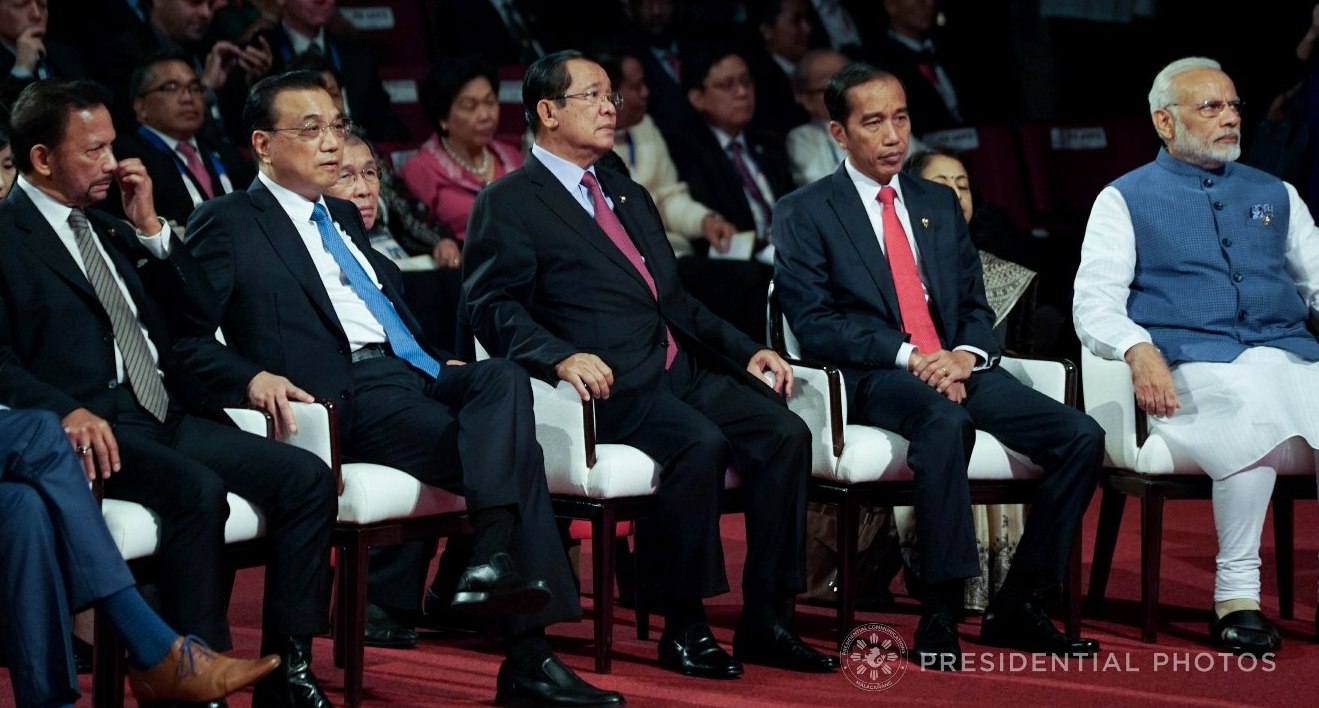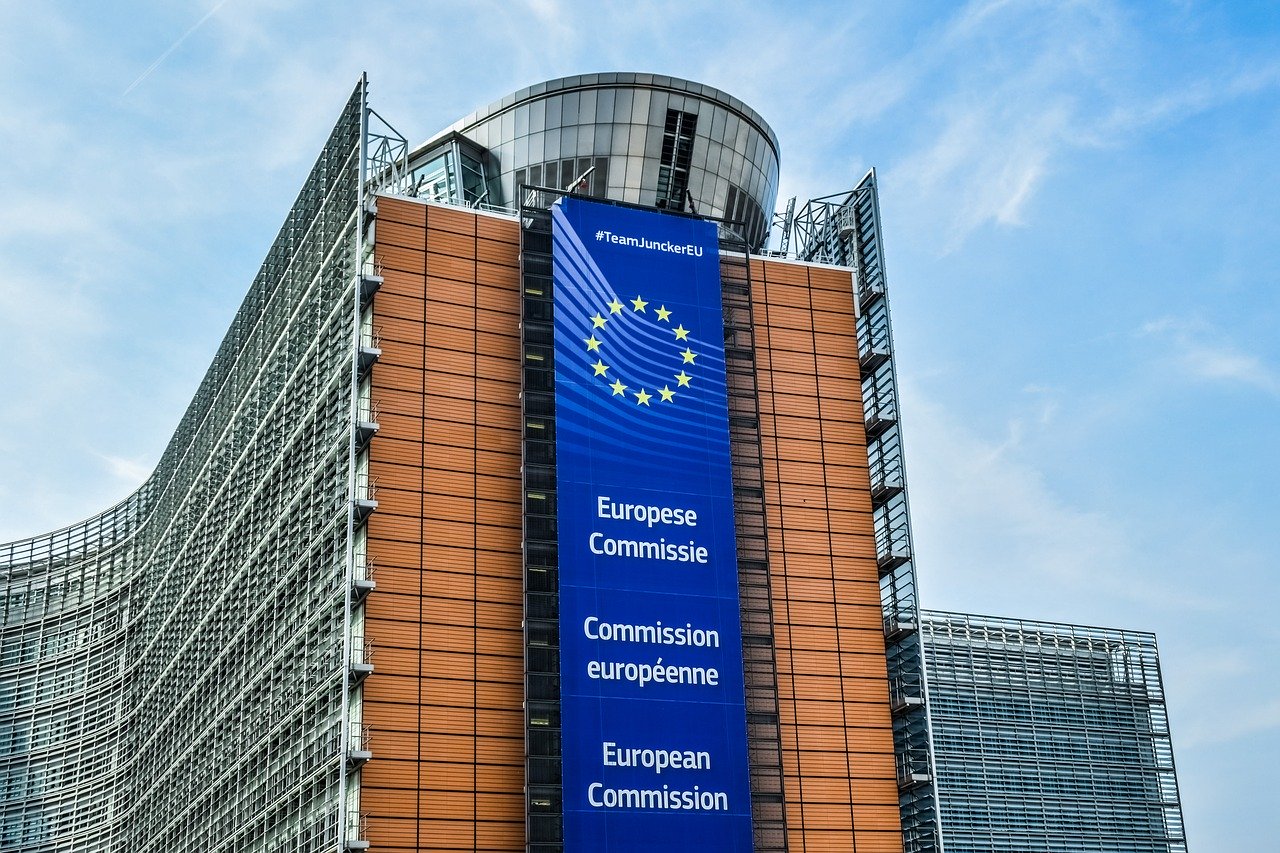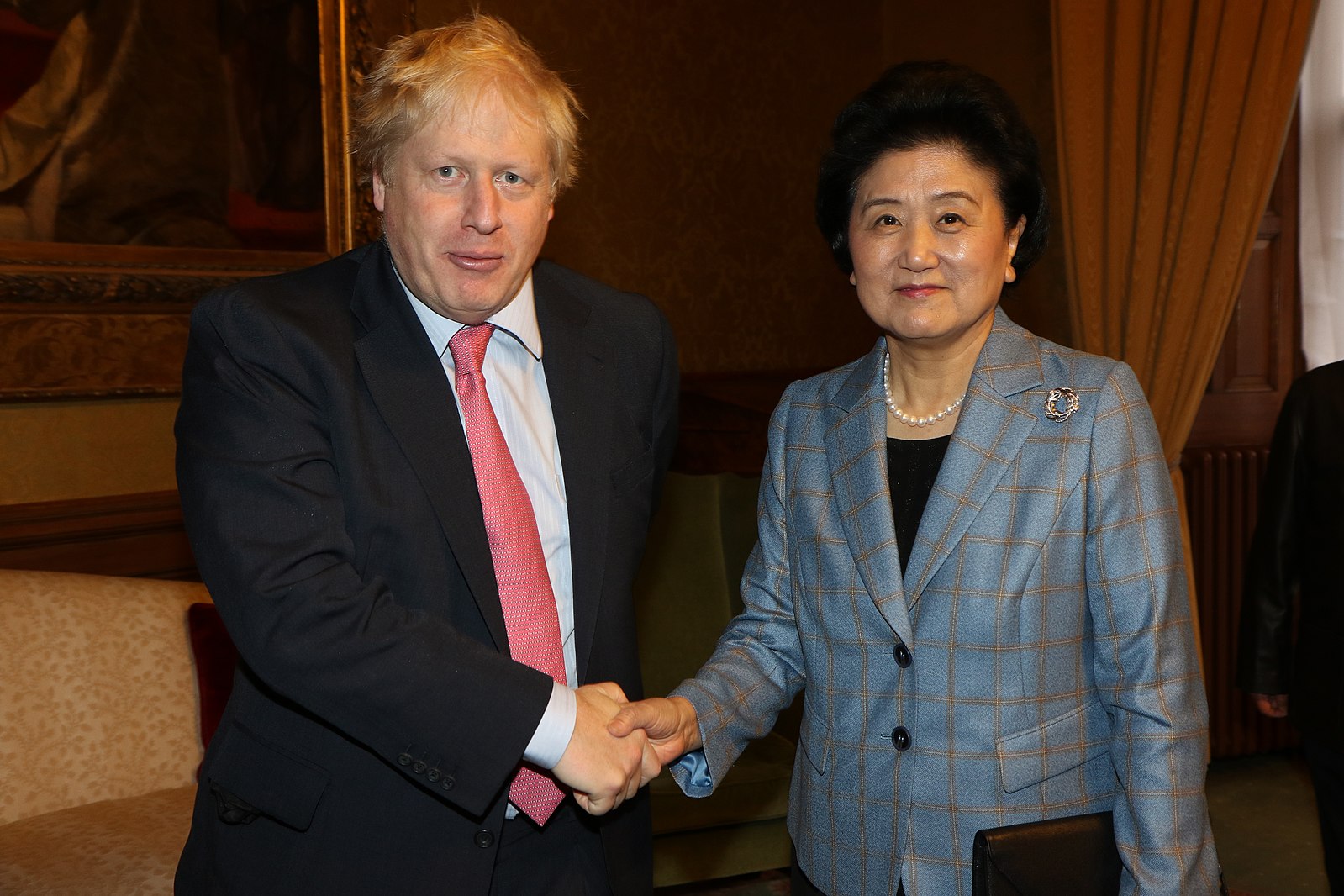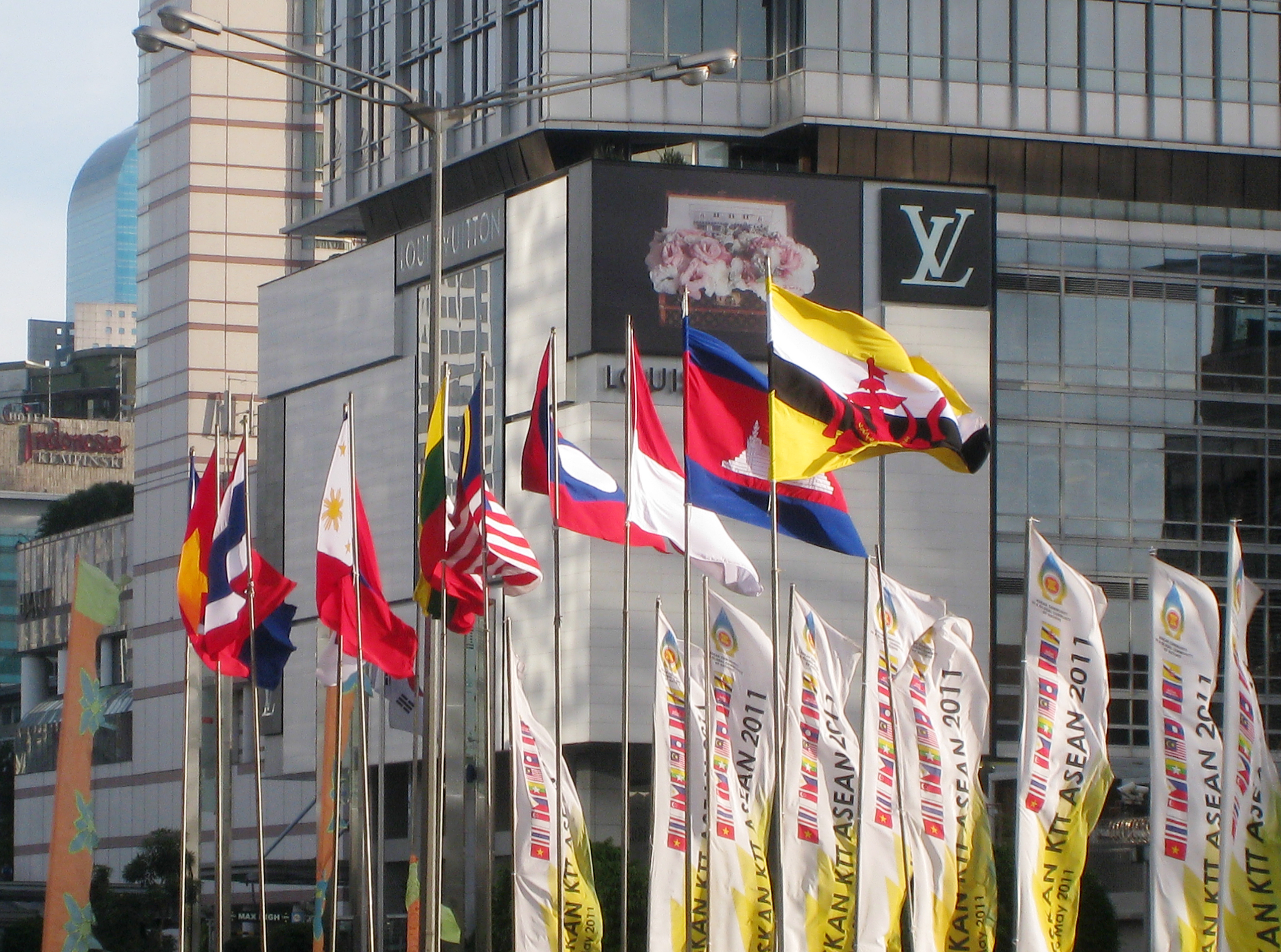China-ASEAN Relations in the COVID-19 pandemic: A Cautionary Tale for ASEAN Centrality

The COVID-19 crisis has compelled the Association of South East Asian Nations (ASEAN) to strengthen multilateral efforts to combat the pandemic. On April 14, 2020, the organization held a special ASEAN-Plus-Three (APT) summit, whereby China, Japan, South Korea pledged support for ASEAN efforts to foster a more concerted regional effort to combat the pandemic. This involves combined cooperation on medical and health services, while ensuring the economic and social well-being of people in within the member states of ASEAN.
While it has been argued optimistically that the aforementioned responses to the pandemic is an opportunity for ASEAN to enhance its leadership in steering regional affairs via the multilateral order established by the association; this new found momentum is most likely to remain hampered by entrenched geopolitical fault-lines that have increasingly constrained ASEAN’s centrality in steering regional affairs.
Three issues, namely the protracted South China Sea disputes; existing concerns surrounding China’s long-term regional ambitions; and an ongoing China-US rivalry worsened by US animosity towards China in this pandemic, could still limit ASEAN’s efforts to assert its centrality in the region
Limitations of ASEAN Centrality
To be fair, ASEAN’s response to COVID-19 and China’s support for such efforts are indeed positive demonstrations of ASEAN’s centrality. However, it is not usually the case that ASEAN could assert such centrality consistently in the future and in more complicated geostrategic matters.
One reason for China’s diplomatic efforts to provide medical assistance is probably to shore up the country’s image due to its initial mishandling of the outbreak. Moreover, both China and ASEAN are facing a common and potent enemy in the form of a pathogen. However, should the tides turn against the pandemic, existing differences on other more challenging political and economic issues could occur, and these differences could potentially surface again. In short, ASEAN’s “partial centrality” may resurface again.
For that matter, the protracted South China Sea disputes has been one of these challenging issues that could potentially hold back the positive gains in ASEAN’s centrality, in the fight against COVID-19. China’s increasing maritime assertiveness in the South China Sea, including ongoing Chinese activities on physical features and presence of Chinese vessels in the disputed waters, remain unabated. This has raised concerns amongst claimant states, such as Vietnam and Malaysia.
Prior to the COVID-19 pandemic, ASEAN’s ability to utilize its multilateral mechanisms to manage the South China Sea disputes has come under pressure, not least because two factors. First, the dispute is highly complex due to conflicting claims amongst claimant states. This is further complicated by differences within ASEAN on how to handle the disputes. Second, China’s strong preference for bilateral solutions with claimant states has meant that a speedy conclusion to an ASEAN-sponsored Code of Conduct (COC) in the South China Sea is unlikely to materialize.
China’s resolute posture on the South China Sea disputes serves as a warning to ASEAN that China will not budge on its key interests, including the COVID-19 outbreak. By implication, so long as ASEAN’s cooperation with China in the fight against COVID-19 does not impinge on China’s key interests, ASEAN will remain in the driver’s seat. But if ASEAN’s efforts are perceived as a threat to any of China’s core interests, then ASEAN could expect strong resistance from China. For instance, it remains to be seen how China would react to ASEAN, if ASEAN lends its support to the independent international inquiry led by the E.U and Australia.
Additionally, while China has recognized ASEAN’s centrality in the regional efforts against COVID-19, China has also paid special attention to some countries in the region that have traditionally been central to its strategic objectives. Indeed, China has been sending medical teams and expertise to aid Cambodia, Laos, Myanmar, and Malaysia.
China's NGO sends volunteers, donates medical supplies to Cambodia for virus fight
— The Cambodia Daily – ឌឹ ខេមបូឌា ដេលី (@cambodiadaily) May 5, 2020
Via @XHNews @staronline https://t.co/eUqBxflppt pic.twitter.com/jCoYYKI47k
China has also sought to improve relations with the Philippines under the Duterte presidency. The Chinese embassy in the Philippines released a song titled “One Sea” to show solidarity in the COVID-19 pandemic. But it caused an uproar amongst Filipinos who have been upset with China’s assertive behaviour in the South China Sea.
It is not entirely implausible that China may employ such spheres of influence to shape the trajectory of regional affairs in favour of China at the expense of ASEAN’s own interests. This might include dividing ASEAN and diluting ASEAN’s unity, if such a unity undercuts China’s core interests in the region.
U.S.-China Tensions Casts A Shadow Over ASEAN
ASEAN’s centrality could be further strained if ASEAN gets mired deeply in the China-U.S rivalry which has been exacerbated by the COVID-19 outbreak. Not only has the Trump administration upped the ante in vociferously confronting China’s role in the COVID-19 outbreak, the US Secretary of State Pompeo has also accused China of using the world’s fixation over the pandemic to further its South China Sea ambitions. If America’s failure to provide positive leadership on the global stage to lead the fight against COVID-19 translates into increasing US pressure on ASEAN to take a more confrontational posture against China, this could weaken ASEAN’s neutral position.
To conclude, ASEAN’s centrality in its multilateral efforts to promote cooperation with China and other actors will play a vital role in reversing the damage that COVID-19 has brought about on this region China should also use this opportunity to demonstrate its capacity to act as a benign power to win the trust of ASEAN partners.
Overall, for ASEAN’s centrality to thrive in the post-COVID-19 world, ASEAN’s leadership must rise to the occasion and not allow itself to be entangled by worsening geopolitical realities of the post-COVID-19 world. ASEAN’s centrality was first conceived to counteract the threat of big-powers rivalry in the region. Moving forward, ASEAN’s centrality must now deal with the threat of small viruses and the attendant geopolitical effects that has engulfed the region.
David Han is a PhD candidate in International Relations at LSE. Concurrently, he is also a Senior Analyst with the Malaysia Programme at the S. Rajaratnam School of International Studies , Nanyang Technological University. His PhD thesis re-conceptualises 'hedging' as unique form of risk management in Malaysia, Singapore, and the Philippines’ foreign policies towards China and the United States.






